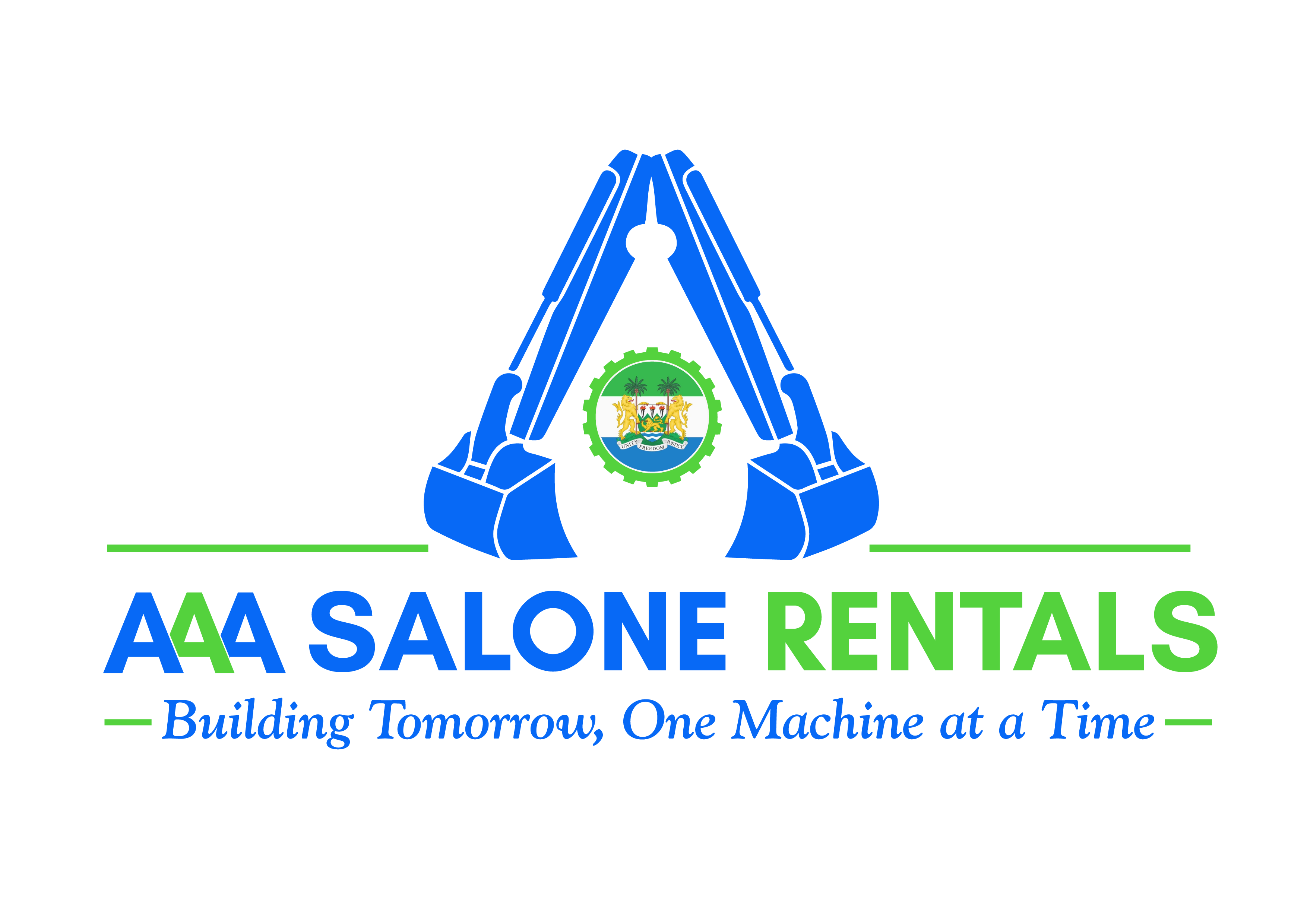
4 Clauses For Every Heavy Equipment Contractor To Know
Certainly! Here is a list of four critical clauses that contractors should pay special attention to in their contracts:
1. Scope of Work
The Scope of Work clause defines the specific tasks, responsibilities, and deliverables that the contractor is expected to complete. It should be clear and detailed to avoid misunderstandings.
Why it’s critical:
- Ensures that both parties have a clear understanding of what is expected.
- Helps prevent scope creep, where additional work is requested without additional compensation.
- Provides a basis for performance evaluation and dispute resolution.
2. Payment Terms
The Payment Terms clause outlines how and when the contractor will be paid for their services. This includes the schedule of payments, the amounts, and any conditions for payment.
Why it’s critical:
- Ensures timely and fair compensation for work completed.
- Helps manage cash flow and financial planning.
- Reduces the risk of payment disputes.
3. Change Orders
The Change Orders clause specifies the process for handling changes to the original scope of work, including how changes are requested, approved, and compensated.
Why it’s critical:
- Provides a structured process for managing changes, ensuring they are documented and agreed upon.
- Helps prevent disputes over additional work or costs.
- Ensures that changes do not derail the project timeline or budget.
4. Dispute Resolution
The Dispute Resolution clause outlines the methods for resolving any disagreements or disputes that may arise during the project, such as mediation, arbitration, or litigation.
Why it’s critical:
- Provides a clear pathway for resolving conflicts without resorting to expensive and time-consuming litigation.
- Helps maintain professional relationships by providing a fair and impartial means of resolving disputes.
- Can specify jurisdiction and applicable laws, which is especially important for projects in different states or countries.
Conclusion: Being aware of and carefully reviewing these critical clauses can help contractors avoid legal pitfalls and ensure smoother project execution. Make sure to consult with a legal professional to understand the full implications of these clauses in your specific contracts.
